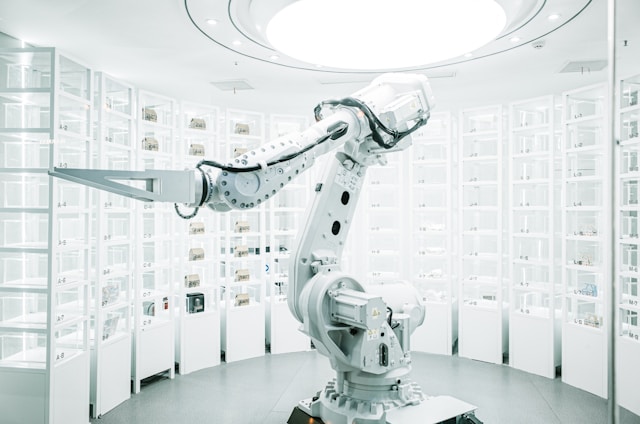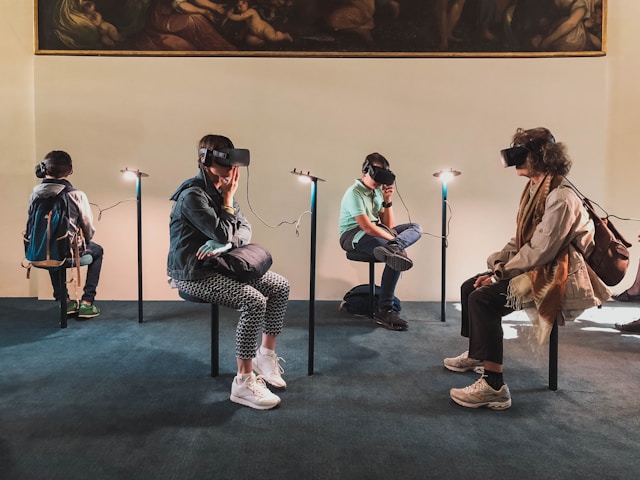Artificial intelligence (AI) may sound like something out of a science fiction movie, but it is far and wide around us, shaping the arena in which we live visit here. In this beginner’s guide, we going to discuss what AI is how it works and why is it so important.
What is artificial intelligence?
Simply put, artificial intelligence refers to machines or laptop structures that can perform tasks that normally require human intelligence. These responsibilities include such things as informational natural language, pattern recognition, and recognition of pleasure and desire online casino .
How does artificial intelligence work?
At the heart of synthetic intelligence are algorithms—sets of instructions and commands that tell a computer what to do. These algorithms use a significant amount of statistics and look for patterns and relationships. Machine learning is a key element of artificial intelligence, in which computers can look at these records and improve their usual overall performance over the years without being explicitly programmed.
Why is AI Vital?
Artificial intelligence is revolutionizing countless industries, from healthcare and finance to transportation and leisure. It helps doctors diagnose diseases, enables self-driving vehicles to navigate roads efficiently, and helps personalized recommendations in streaming systems. In short, synthetic intelligence can make our lives less complicated, safer and extremely efficient.

Types of AI
Narrow AI
Also known as responsive artificial intelligence, it is designed to perform precise duties along with the reputation of speech, using a car, or playing chess. Narrow AI systems are certified for unique purposes and have limited capabilities.
General AI
Also called robust synthetic intelligence, it refers to synthetic intelligence systems that possess human-level intelligence and can perform any high-profile enterprise that a human can. General synthetic intelligence is currently theoretical and not implemented.
The Future of Artificial Intelligence
As artificial intelligence continues to improve, so will its impact on society. We must embrace AI, not best to gain its blessings, but also to deal with the dangers of its capabilities. As AI becomes more ubiquitous, ethical issues need to be addressed including algorithmic bias and displacement of activity.
Conclusion
Artificial intelligence is no longer just a futuristic concept – it is miles away a present fact that is shaping our world in profound ways. By understanding the fundamentals of artificial intelligence, we will harness its ability to drive innovation, improve lives and create a better future for all. So let’s use the power of AI and go on this interesting adventure together!

